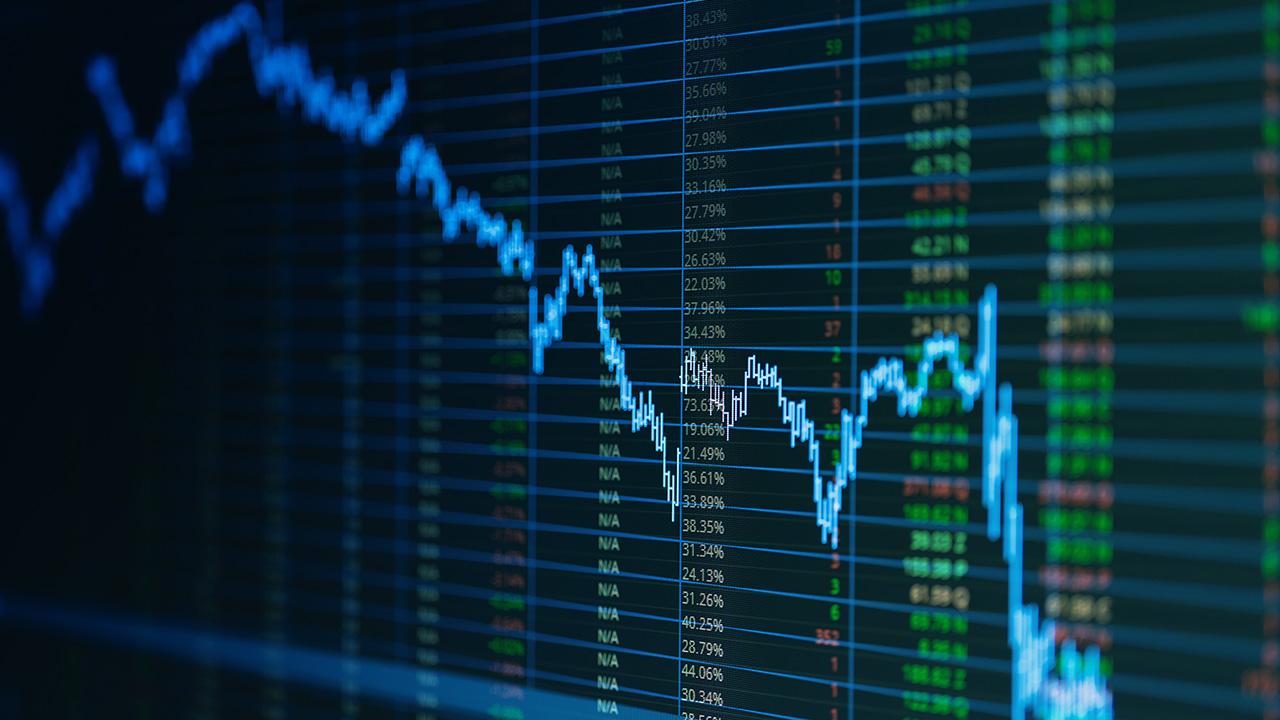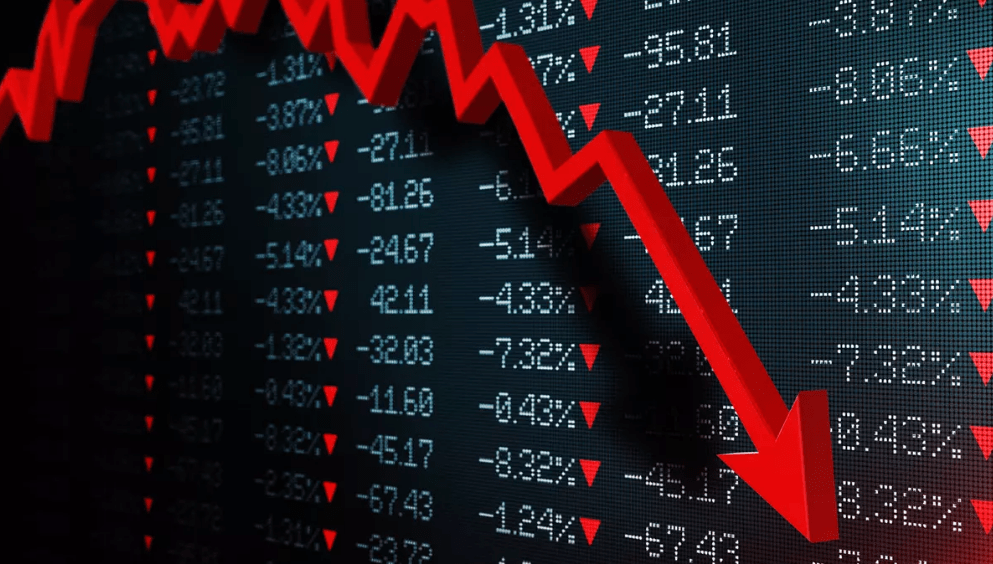What Are The Investment Strategies For Navigating Market Crashes?
Market crashes are financial crises that can occur in any sector and investment model. Although market crashes cause sad consequences for the members of that market, some investment strategies can be overcome with minimal damage.
It is the responsibility of investors to deal with financial crises or market crashes and to be ready before such financial crashes. Many investment strategies that better achieve this have been recommended by expert financiers for years.
The most valid strategy to be better prepared for market crashes and minimize losses is to diversify assets in investment portfolios. When you balance the distribution of assets in your investment portfolios, you will be completely unaffected by possible crises.
For example, in a crisis affecting the real estate market, your losses will be less vital if your entire investment is not in real estate. Another common strategy is to use hedging methods. The main function of hedging strategies is to minimize risk and ensure that investors are not completely affected by possible losses.
For example, an investor who evaluates all his assets in an investment project on a foreign exchange rate applies hedging strategies and organizes this with safe haven investment models such as the stock market, cryptocurrencies and gold.
How Can Investors Prepare For And React To Stock Market Crashes?

Every investor profile should be financially and emotionally prepared for market crashes, regardless of the amount of assets they manage. Every investor, including professional investment portfolios created with the help of low-risk, advanced strategies, is affected by market crashes in large and small ways. Investors who are financially prepared for these possible bad outcomes have benefited from some methods.
First of all, emotional control is very important. It is essential not to panic in possible financial crises and to focus calmly on the next investment move. Sudden price drops may make investors nervous.
However, one should be patient and continue taking actions for long-term financial goals. Unfortunately, in many important and global financial crises throughout history, people increased their losses by taking quick and wrong steps in order to regain what they lost.
Your predetermined long-term financial goals should continue even in the event of a possible financial crisis or market crash. When a detailed analysis of successful investor profiles is made today, it is seen that they are patient and loyal even during market crashes.
What Investment Strategies Help Preserve Capital During Market Downturns?
Market recessions occur more frequently than market crashes and are situations in which financial activity decreases. They are usually temporary but can lead to significant losses for investors. For this reason, investors should prepare the investment portfolios they manage to evaluate their assets not only for market collapses but also for temporary market saturation.
Preservation of capital during market recession should be the main goal. For this, your investment portfolio should be diversified with liquid assets. Safe asset classes such as cash, government bonds, gold, real estate make it possible to stick to your financial goal even during a market recession.
Today, many sectors, from electric cars to other technology sectors, may experience market stagnation from time to time. Many sectors experienced market stagnation during the COVID 19 epidemic that the world recently experienced. Those who focused on these safe asset classes in their investment portfolios experienced much smaller losses.
Are Defensive Investments And Safe-Haven Assets Effective In Crashes?
Defensive investors experience fewer losses than other investors in market crashes because, while implementing asset diversification strategies in their investment portfolios, they allocate the large denominator to asset classes such as gold, government bonds, and stable stocks, which are called safe-havens.
Investment portfolios managed with these types of stable assets and investment classes are not greatly affected by market crashes. For example, cryptocurrencies may present risks in terms of volatility and liquidity, or stocks may suffer large losses in value during market crashes.
Even fiat currencies such as the Dollar or Euro have been deeply affected by many market crashes throughout history. For this reason, gold, government bonds, and stable stocks are always safe investment asset classes.
What Lessons Can Be Learned From Historical Market Crashes And Recoveries?

There have been many financial crises and market crashes in recent history, including the COVID 19 pandemic. Many of these are of a nature that investors should be inspired by and learn lessons from.
The primary thing to take away from such market crashes is that all financial crises are temporary and not permanent. Therefore, in the event of a possible market collapse, it is useful to remember from previous crises in history that these bad days will end one day and to stick to your financial goals.
Another critical lesson to be learned from market crashes is that it is necessary to be ready for such crises. If you manage your assets through a single investment model, your entire assets may disappear in a possible market recession.
In order to avoid such a terrible outcome, you should diversify your investment models and diversify your investments for the survival of your assets by keeping a minimum amount of each asset class.
How Do Diversification And Risk Management Strategies Apply In Market Crashes?
The majority of investors who are happy during market crashes are those who applied diversification strategies in their investment projects. Asset diversification is an issue that is essential for more successful risk management.
For example, during the 2001 crisis, an investor who invested all his assets in the Dollar exchange rate and an investor who diversified into different investment models such as Gold, Euro and Real Estate did not experience the same processes.
While the investor who invests all his assets in the Dollar exchange rate is directly affected and experiences losses, the losses in the other investor profile are considerably minimized.
Therefore, no matter what level of investor you are, you can achieve more successful risk management by evaluating your assets in diversified investment portfolios through different asset classes such as Gold, Real Estate, Cryptocurrencies etc.
In a possible market downturn or crash, your entire existence will not be directly affected and you will be more hopeful to maintain your financial stability.
See you in the next post,
Anil UZUN
